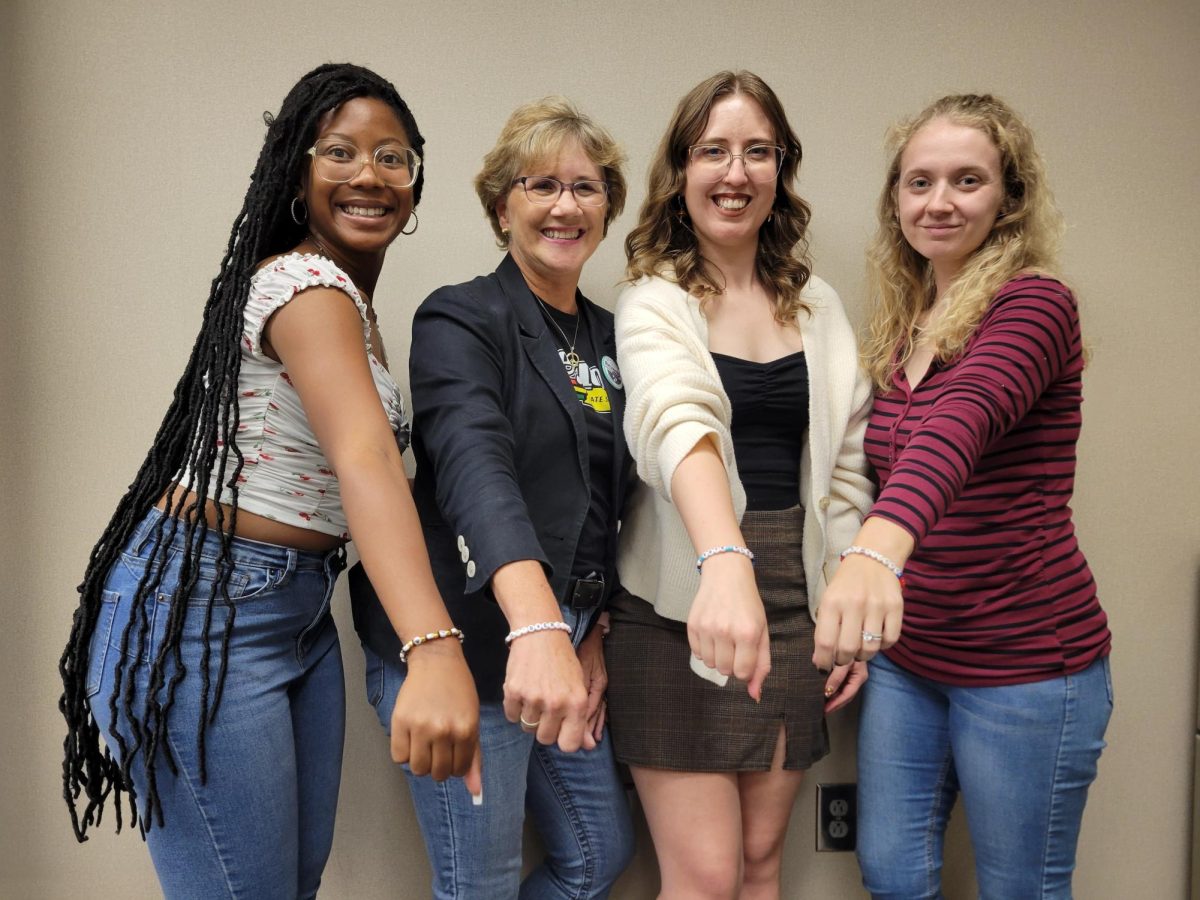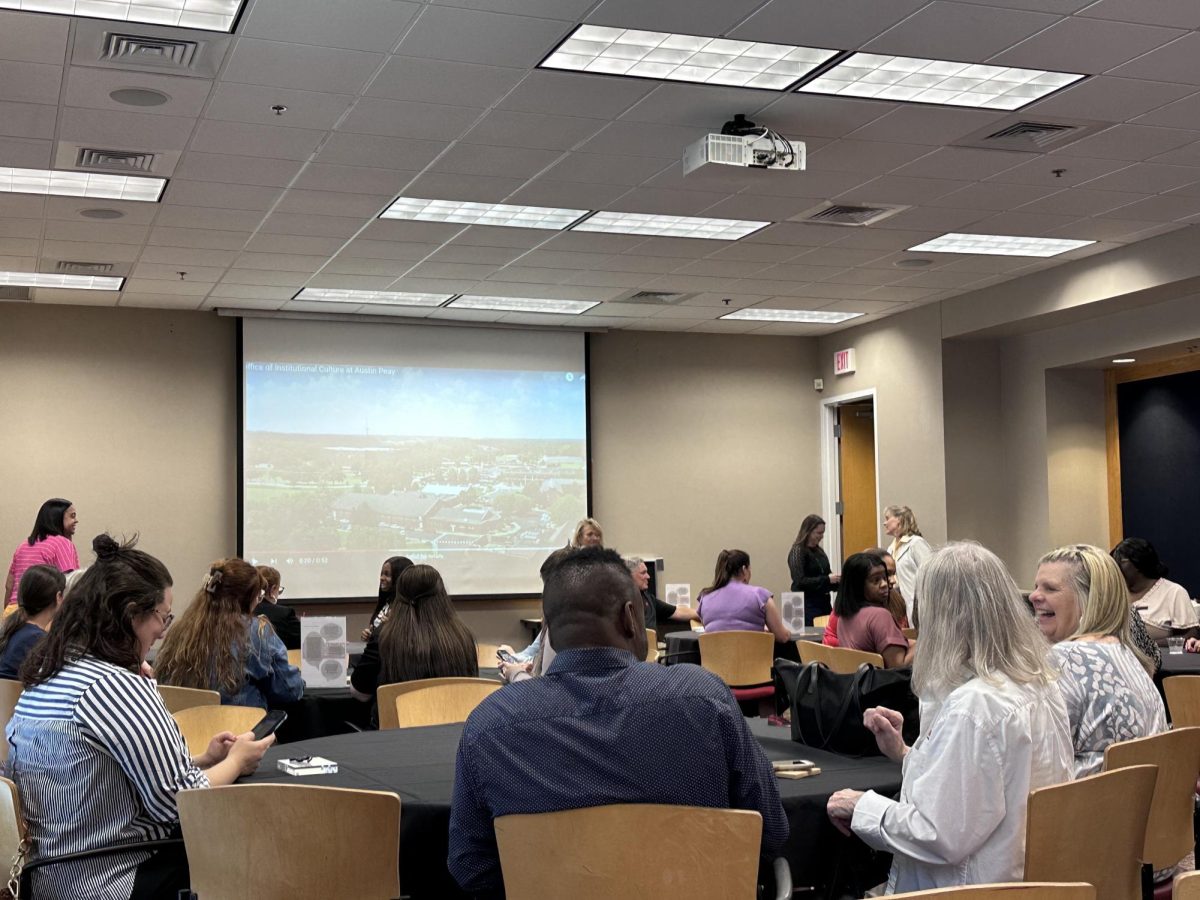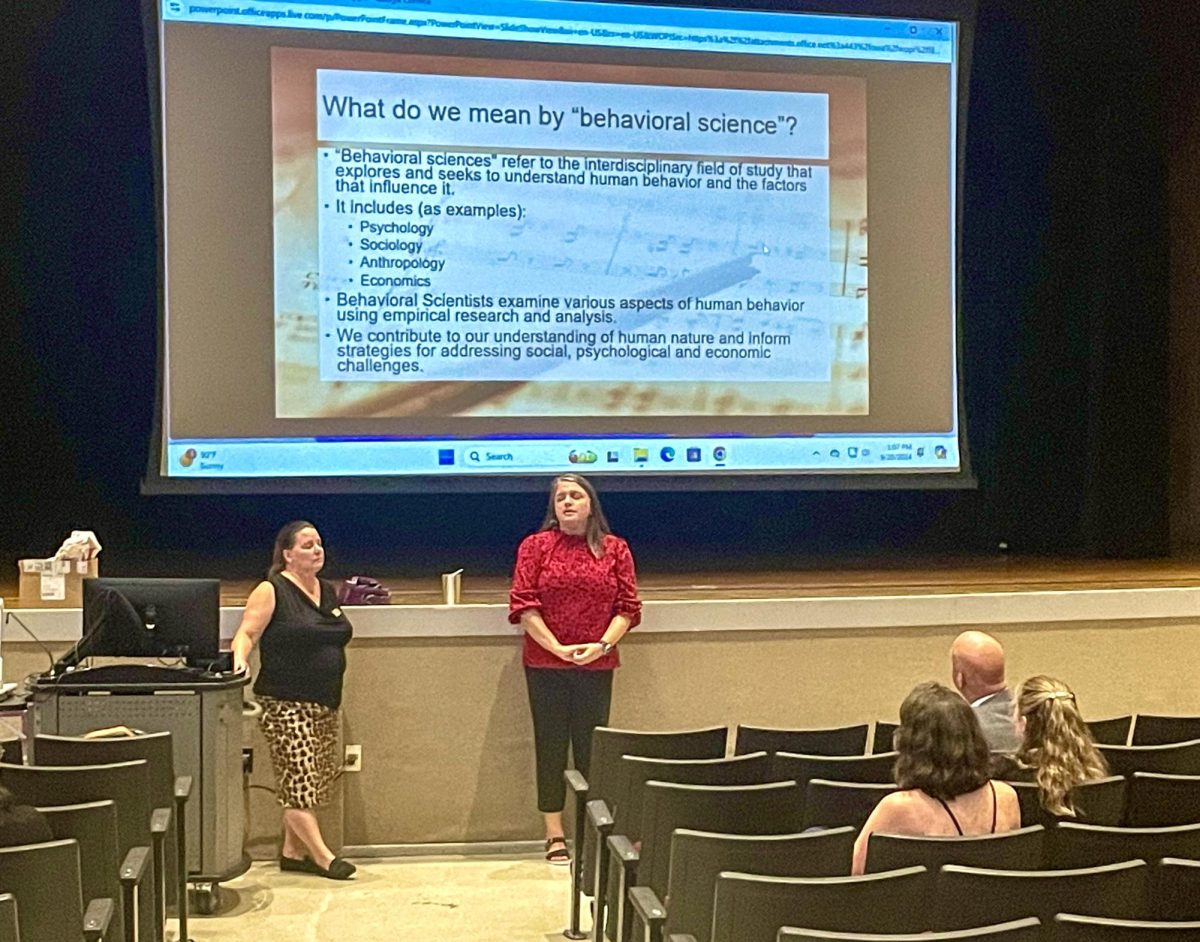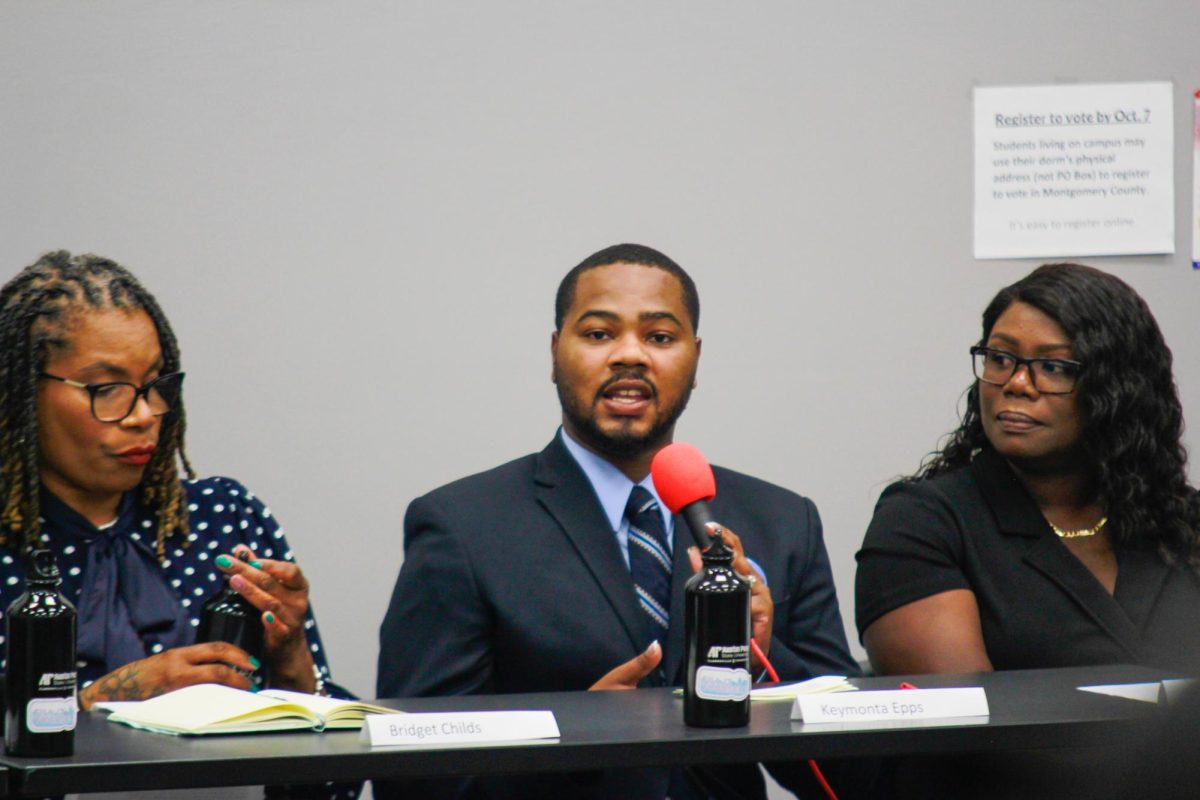CLARKSVILLE, Tenn. — Informed by years spent as a school teacher, Dr. Prentice Chandler, dean of Austin Peay State University’s Martha Dickerson Eriksson College of Education, recognized a deficiency in the way social studies are taught in the classroom. While disciplines like history, geography, political science, economics and psychology are addressed in-depth, Chandler and many other experts in the field noted a lack of attention to a major component of society — race, or more importantly, how race relates to our place in the world.
“As a former middle school student told (one of the book’s contributors), ‘If you take out race, ‘the story’ doesn’t even make sense,’” Chandler said. “As such, our social studies curriculum should reflect this fact of social life. Social studies that does not pay attention to the role of race is but a partial social study.”
Chandler hopes to help educators tackle the important concept of race in his recent book, titled “Race Lessons: Using Inquiry to Teach About Race in Social Studies.” Co-edited by Kent State University associate professor Dr. Todd Hawley, “Race Lessons” is a collection of scholarly essays that contend that the mission of social studies is not attainable without attention to the ways in which race and racism play out in society.
This volume, Chandler said, is designed to help teachers and teacher educators start the conversation around realistic and practical race concepts. Each chapter is written by prominent social studies scholars and classroom teachers looking to raise the profile of what Chandler describes as an “ignored” component of the social studies concept. The works contained in the volume, Chandler says, can help educators explore a model for use in their own classrooms as they begin to address the topic of race.
“The theory, research and practice related to social studies education and race can only be characterized by a lack of attention and willful neglect,” Chandler said. “Over the last two decades, this curricular criticism has sharpened, but the problem remains the same. When it comes to social studies in the formalized, enacted curriculum, race and racism, as formal topics/subjects of instruction are ignored or marginalized.
“The educators whose work is included in this volume are looking to change this trajectory,” Chandler continued. “The book that (Hawley) and I have published takes the established concept of inquiry to help teachers understand and teach about the concept of race—and how this concept plays out within the social sciences.”
“Race Lessons” is, in many ways, a companion piece to Chandler’s 2015 book, “Doing Race in Social Studies: Critical Perspectives.” Both works, Chandler said, ultimately serve to help educators gain perspective on race and how it can be incorporated into social studies education.
“’Doing Race in Social Studies’ represents an attempt to bridge the gap between race theory and the teaching of social studies and the social sciences in public schools,” Chandler said. “Our newest book, ‘Race Lessons’ takes this idea one step further by addressing this concept within the context of teaching. After sharing the first book at the National Council for the Social Studies conference, teachers in attendance asked us how these ideas could be transformed into a more usable model for classroom instruction, and that is really the origin of ‘Race Lessons.’”
“Race Lessons: Using Inquiry to Teach About Race in Social Studies” is published by Information Age Publishing, Inc. and is available on Amazon.com. For more information about APSU’s Martha Dickerson Eriksson College of Education, visit www.apsu.edu/education.













